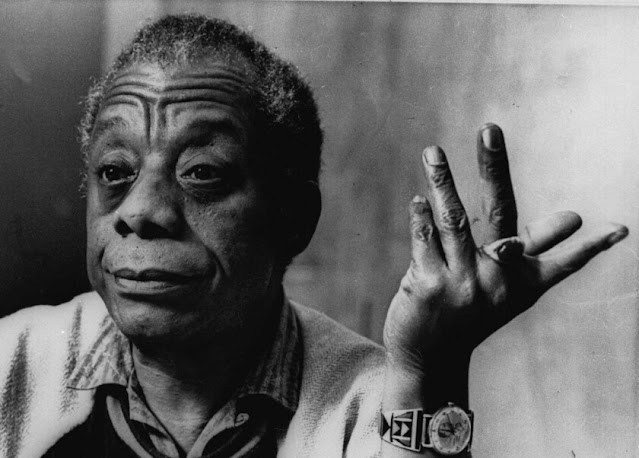Book Review: "Practicing for Love: A Memoir" by Nina Kennedy
Practicing for Love: A Memoir by Nina Kennedy
by Bill Egan
The title of this autobiographical story succinctly captures the central dilemma of the author’s life. A child prodigy classical pianist, Nina knows, like all musicians, that practice makes perfect but never ends. Even the greatest virtuoso will practice scales and basic exercises daily. But is there an equivalent practice for personal love? More of that later!
 |
| Nina Kennedy |
Nina Kennedy was born to musically professional parents, Anne Gamble Kennedy, and Matthew Kennedy. They had historic links to the great Fisk Jubilee Singers, whose heroic tale spans back to 1871, and is a living tradition to this day. Both parents were professors of piano, and Matthew was the director of the Fisk Singers for over thirty years. By any standards they were high profile members of the African American cultural community, growing up in an era when the Harlem Renaissance was flourishing. This would seem to augur well for their only daughter, who also turned out to be a child prodigy at the piano. But, to quote Robert Service’s poem The Harpy, “life is not the thing we thought, and not the thing we plan.”
As with many prodigies, Nina’s parents saw her as a proxy to achieve things that had been disappointments in their own lives. There is a parallel between her experiences and those of that other African American child prodigy, Sammy Davis Junior. Davis notably joked about being a “One-eyed Negro Jew.” Nina Kennedy is a vision-impaired female black lesbian, probably at least as much of a challenge. An ugly baby, Sammy was initially left in the charge of his paternal grandmother, Rosa Davis, until it became clear the precocious child shared his father’s dancing talent. Late in life, he complained “I wish I could find someone to love me for me, not for what I can do for them.” It is a theme echoed in Practicing for Love.
Nina Kennedy’s life story to-date runs on parallel, intertwined, tracks, the professional and the personal. The professional side takes us into the world of top classical conductors, instrumentalists, symphony orchestras, opera divas and administrators. They are a varied lot, and some respected names turn out to be not as nice as one might expect. Apart from the classical world, many personalities from politics, popular culture, and jazz flit through the pages. These include, amongst others, (popular/rock) Roberta Flack, Whitney Houston, Nina Simone, and Donna Summer; (jazz) Duke Ellington, Isaac Hayes, Don Shirley (Green Book).
Performing at a top level in many international venues, Nina gains many plaudits, but the twin themes of race and gender conspire to deprive her of the ultimate recognition she hoped for and earned. Promises of support evaporate, reminding one of Billie Holiday’s prescient lament “God Bless The Child That’s Got His own.”
The stresses of the professional world feed into the personal. Having grown up in the 1940s in the Irish Catholic world of Jansenist attitudes to sexual matters, I am familiar with the lack of information about the facts of life. However, that such should also be the case in a professional American family in the 1970s surprised me. This is all the more difficult for one growing up with gender orientation and sexual confusion in an era before the emergence of recognition of gay rights. Nina’s early personal life develops as a series of exploratory lesbian relationships, pursuing a sense of discovering her identity, and an ability to express her needs. The relationships range from chaotic to deeply sad, and eventually to a degree of symmetry of expectations and affection.
In exploring her ability to express her personality, and deal with her disillusionment, Nina moves away for a time from music, to literature, prize-winning film, poetry and eventually back to music. The book ends with a preview of the next episode of a life that promises to be more harmonious and fulfilling than what went before. This is a fiercely honest personal expose of a talented life seeking meaning and fulfillment despite difficult beginnings, and in the face of multiple prejudices.
To return to the question in the opening paragraph, “Is there an equivalent practice for personal love?” The answer clearly is that it comes in the form of continuous small acts of daily mutual affection from the earliest age. Like the professional musician’s practice, it does not preclude firm discipline, so long as the life-affirming spirit motivates it.
Read the book to get an insight into these matters, but if confronting the deep philosophical issues raised is not your cup of tea, then there is plenty of celebrity gossip, and sex, to keep you titillated.
Bill Egan is a Canberra-based independent researcher with a lifelong interest in jazz and African American culture. He is the author of African American Entertainers in Australia and New Zealand: A History, 1788-1941 and Florence Mills: Harlem Jazz Queen.
Purchase Practicing for Love at www.infemnity.com/shop.
Purchase Practicing for Love at www.infemnity.com/shop.










Comments
Post a Comment